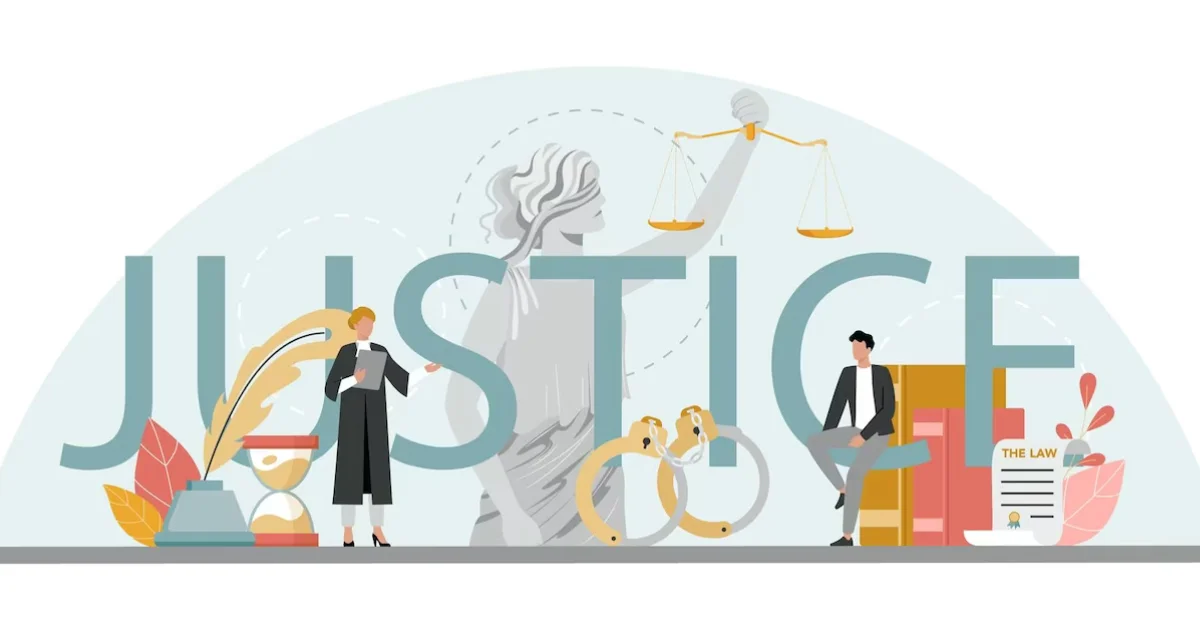In the complex world of law, where uncertainties lurk around every corner, having a negligence lawyer by your side can make all the difference. Whether you’ve experienced medical malpractice or suffered a personal injury, a negligence lawyer becomes your ally, navigating the intricate legal landscape on your behalf.
Introduction
A. Definition of Negligence
Negligence, in legal terms, refers to the failure to exercise reasonable care that results in harm to others. When faced with the consequences of negligence, seeking legal counsel becomes imperative.
B. Importance of a Negligence Lawyer
A negligence lawyer specializes in handling cases where individuals have suffered due to someone else’s negligence. From medical professionals to everyday individuals, anyone can find themselves in need of legal representation.
Qualities of a Good Negligence Lawyer
A. Legal Expertise
A proficient negligence lawyer possesses a deep understanding of negligence laws, staying updated on legal developments to provide the best defense for their clients.
B. Communication Skills
Effective communication is key in legal proceedings. A negligence lawyer must articulate complex legal concepts to clients and present compelling arguments in court.
C. Investigative Abilities
Uncovering evidence is crucial in negligence cases. A skilled lawyer has the ability to investigate thoroughly, ensuring no detail is overlooked.
Types of Negligence Cases
A. Medical Negligence
Cases involving medical professionals, such as doctors or nurses, where the standard of care falls below acceptable levels.
B. Personal Injury
Instances where an individual is harmed due to someone else’s negligence, leading to physical or emotional suffering.
C. Professional Malpractice
Negligence cases involving professionals like lawyers or accountants, where their actions result in harm to their clients.
Steps to Take When Hiring a Negligence Lawyer
A. Research
Conduct thorough research to find lawyers with expertise in the specific area of negligence relevant to your case.
B. Initial Consultation
Schedule an initial consultation to discuss the details of your case and assess the lawyer’s understanding and capability.
C. Fee Structure
Understand the lawyer’s fee structure upfront to avoid any financial surprises during the legal process.
Common Misconceptions about Negligence Lawyers
A. Expensive Services
Contrary to popular belief, many negligence lawyers offer flexible payment options and work on a contingency basis.
B. Only for Extreme Cases
Negligence lawyers can assist in various cases, not just extreme ones. Seeking legal advice early can prevent escalation.
C. Lengthy Legal Processes
While some cases may take time, many are resolved efficiently through negotiations, avoiding prolonged legal battles.
The Role of a Negligence Lawyer in a Lawsuit
A. Gathering Evidence
Negligence lawyers play a crucial role in gathering evidence to build a strong case, ensuring a higher chance of success.
B. Negotiation Skills
Settling out of court is often in the best interest of all parties. A skilled negligence lawyer negotiates favorable terms for their clients.
C. Court Representation
In the event a case goes to court, a negligence lawyer advocates for their client, presenting a compelling case to the judge and jury.
Importance of Timely Legal Action
A. Statute of Limitations
Understanding the statute of limitations is essential. Failing to file a case within the specified time frame can result in losing the right to sue.
B. Preserving Evidence
Prompt legal action ensures the preservation of crucial evidence, strengthening the case against the negligent party.
Real-Life Success Stories
A. Case Studies
Highlighting real-life success stories showcases the positive impact a negligence lawyer can have on the lives of those who have suffered due to negligence.
B. Positive Outcomes
Sharing stories of positive outcomes instills confidence in potential clients, emphasizing that justice is attainable with the right legal representation.
IX. Impact of Negligence on Victims
A. Physical and Emotional Toll
Negligence can take a toll on victims physically and emotionally, making legal recourse a crucial step towards healing.
B. Financial Burden
The financial strain caused by negligence, such as medical bills and lost wages, emphasizes the need for fair compensation through legal channels.
Evolving Trends in Negligence Law

A. Technological Advances
Advancements in technology impact negligence cases, from the use of medical innovations to the role of digital evidence in legal proceedings.
B. Changing Legal Landscape
Adapting to the evolving legal landscape, negligence lawyers stay informed about new regulations and case precedents that may affect their clients.
Tips for Avoiding Negligence Claims
A. Professionalism
Maintaining a high level of professionalism reduces the likelihood of being involved in negligence claims.
B. Documentation
Thorough documentation of actions and decisions serves as a crucial defense against potential negligence claims.
C. Continuous Learning
Staying informed about industry best practices and legal standards ensures professionals can avoid unintentional negligence.
The Future of Negligence Law
A. Emerging Challenges
Anticipating and addressing emerging challenges in negligence law ensures that legal professionals can adapt to changing circumstances.
B. Potential Solutions
Exploring potential solutions to challenges helps shape the future of negligence law, making it more accessible and effective.
Conclusion
A. Recap of Key Points
In conclusion, a negligence lawyer is not just a legal representative but a lifeline for those navigating the complexities of negligence cases.
B. Encouragement for Seeking Legal Assistance
If you’ve experienced negligence, don’t hesitate to seek legal assistance. A negligence lawyer can be the advocate you need to reclaim your rights and find justice.
5 Unique FAQs
Q: How much does hiring a negligence lawyer cost?
A: Many negligence lawyers work on a contingency basis, meaning they only get paid if you win the case. Initial consultations are often free.
Q: Can I file a negligence claim on my own?
A: While it’s possible, navigating the legal intricacies is challenging. A negligence lawyer’s expertise significantly increases the chances of a successful claim.
Q: Are negligence lawyers only for high-profile cases?
A: Negligence lawyers handle cases of all magnitudes. Whether big or small, seeking legal advice is essential for a fair resolution.
Q: How long does a negligence case typically take?
A: The duration varies, but many cases are resolved through negotiation, leading to quicker resolutions. Complex cases may take longer if they go to trial.
Q: What evidence is crucial in a negligence case?
A: Evidence such as medical records, eyewitness accounts, and documentation of actions taken (or not taken) is crucial in establishing negligence.





